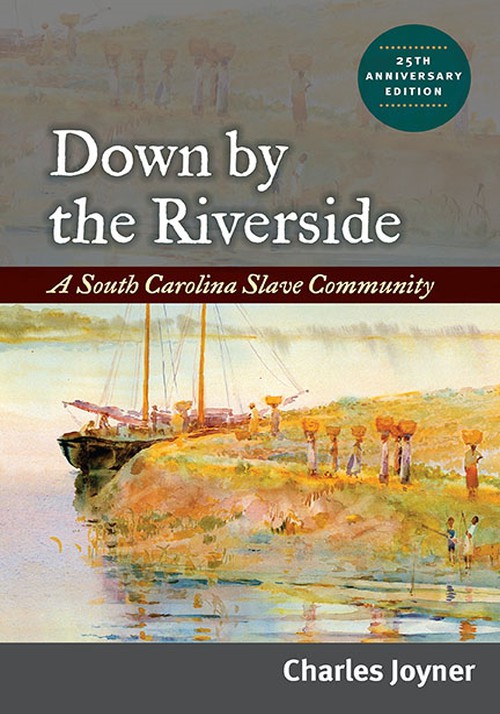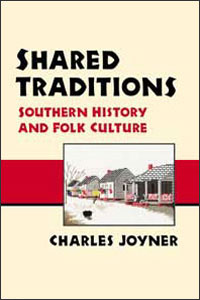
Down by the Riverside
About the Book
Charles Joyner takes readers on a journey back in time, up the Waccamaw River through the Lowcountry of South Carolina, past abandoned rice fields once made productive by the labor of enslaved Africans, past rice mills and forest clearings into the antebellum world of All Saints Parish. In this community, and many others like it, enslaved people created a new language, a new religion--indeed, a new culture--from African traditions and American circumstances.Joyner recovers an entire lost society and way of life from the letters, diaries, and memoirs of the plantation whites and their guests, from quantitative analysis of census and probate records, and above all from the folklore and oral history of the enslaved Americans. His classic reconstruction of daily life in All Saints Parish is an inspiring testimony to the ingenuity and solidarity of a people.
This anniversary edition of Joyner's landmark study includes a new introduction in which the author recounts his process of writing the book, reflects on its critical and popular reception, and surveys the past three decades of scholarship on the history of enslaved people in the United States.
About the Author
Charles Joyner (1935-2016) was Burroughs Distinguished Professor Emeritus of Southern History and Culture at Coastal Carolina University, past president of the Southern Historical Association, and the author of Shared Traditions: Southern History and Folk Culture and other works.Also by this author

Reviews
"Beautifully written and richly suggestive."--Washington Post Book World"Reaches beyond any other single work in recreating in its pages a texture so fine and full that readers may feel the ribs and twills of slave life. Highest recommendation."--Library Journal
Blurbs
"The finest work ever written on American slavery."--George P. Rawick, editor of The American Slave: A Composite Autobiography
"Down By the Riverside is one of the most significant books published by the University of Illinois Press in the past quarter century."--Richard L. Wentworth, former director of the University of Illinois Press





